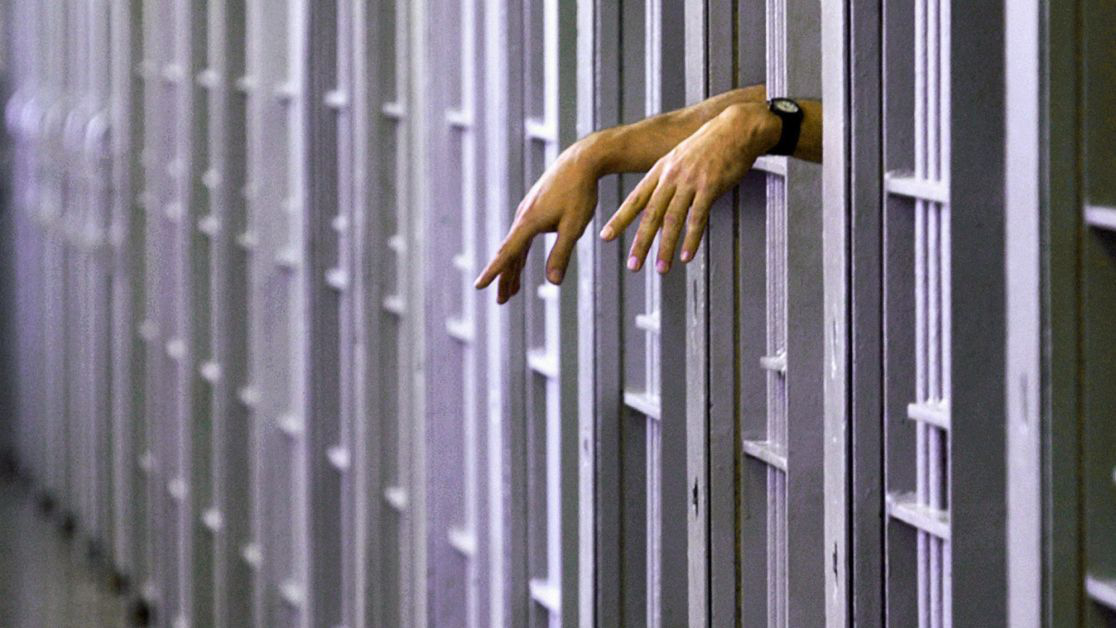It became known that Israel intended to introduce the death penalty for terrorist activities. Amid the events taking place in the country, such a decision can be understood, but it caused heated discussions worldwide.
Returning or continuing?
The draft law on the death penalty for terrorists has already been prepared by the Minister of National Security Itamar Ben-Gvir. Now, it will be registered with the Knesset National Security Committee. According to the Minister, it is expected that the initiative will be widely supported so that the courts will soon be able to issue death sentences for terrorist attacks against Israelis that resulted in deaths. The draft law has already been approved in the first reading.
In fact, Israel already has two articles that can carry the highest penalties in the world. These are the following articles:
– crimes against humanity;
– treason.
They resort to it more than rarely. It was used only twice in the entire history of modern Israel. The last time it was more than 60 years ago, and the person sentenced to death was Adolf Eichmann, a German officer who was responsible for implementing the so-called “final solution to the Jewish question” during the Holocaust. For this, he received the name “the architect of the Holocaust.”
And what about others?
In the modern world, especially after the end of World War II, the tendency to reduce the use of the death penalty has significantly increased. Not the last role in this was played by the adoption of the Universal Declaration of Human Rights by the UN General Assembly.
However, it is still widely used in some civilized countries today. The death penalty is present in the current legislation of such countries as:
– USA;
– China;
-Iran;
– Iraq;
– Libya;
– North Korea.
As of 2023, the death penalty is a measure of punishment in 54 countries.
Usually, such a verdict is preceded by a long trial, and in turn, the accused can use the right to appeal.
The time from sentencing to execution varies greatly: sometimes weeks and sometimes tens of years. In most countries, the sentence is carried out in private, but in the DPRK, it is still done in public. In Pakistan, Iran, and India, the convicted person is taken to the city square and beaten with stones and sticks, sometimes hanged or beheaded. For the most part, the presence of the death penalty is typical for low-civilized countries.


